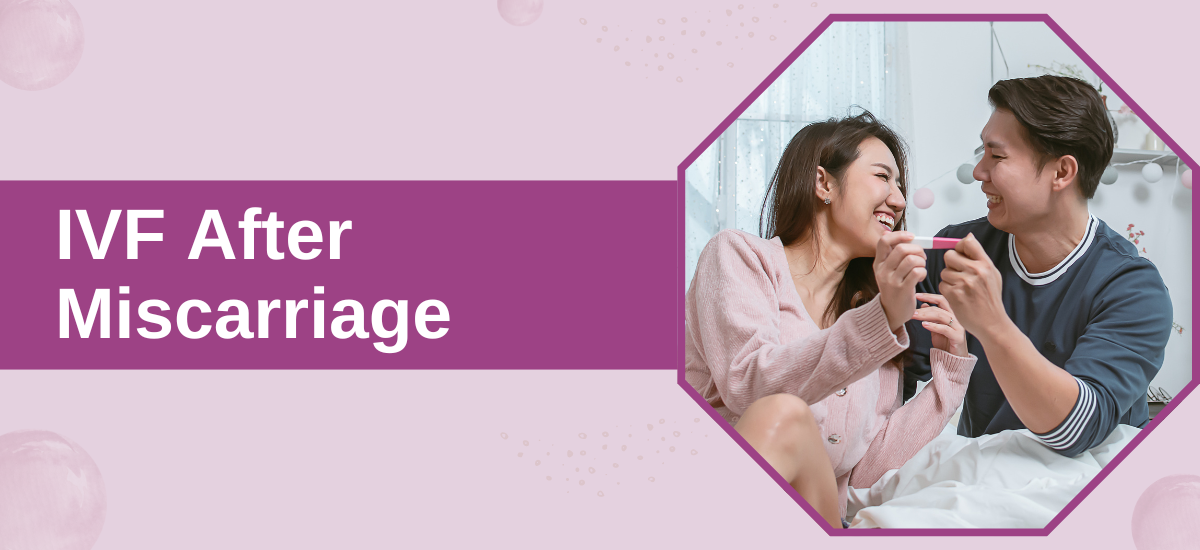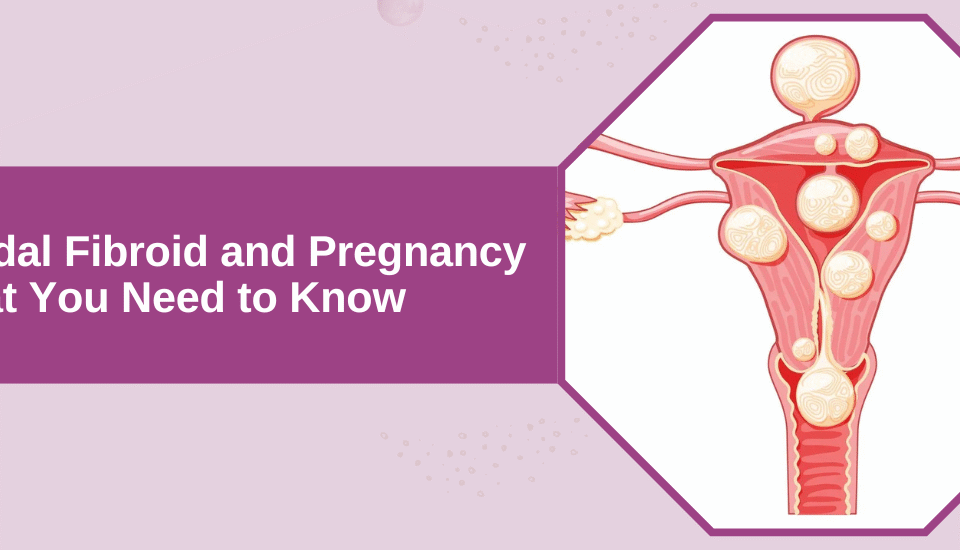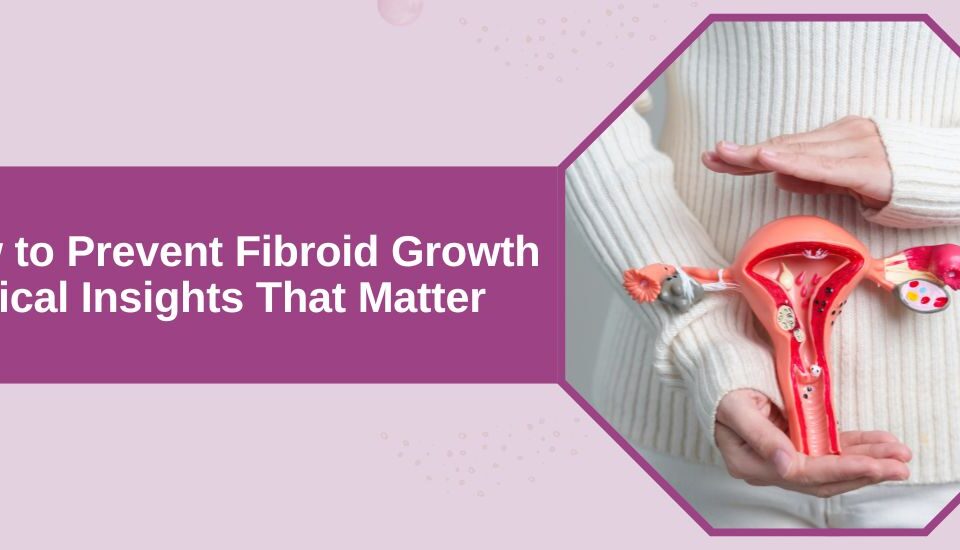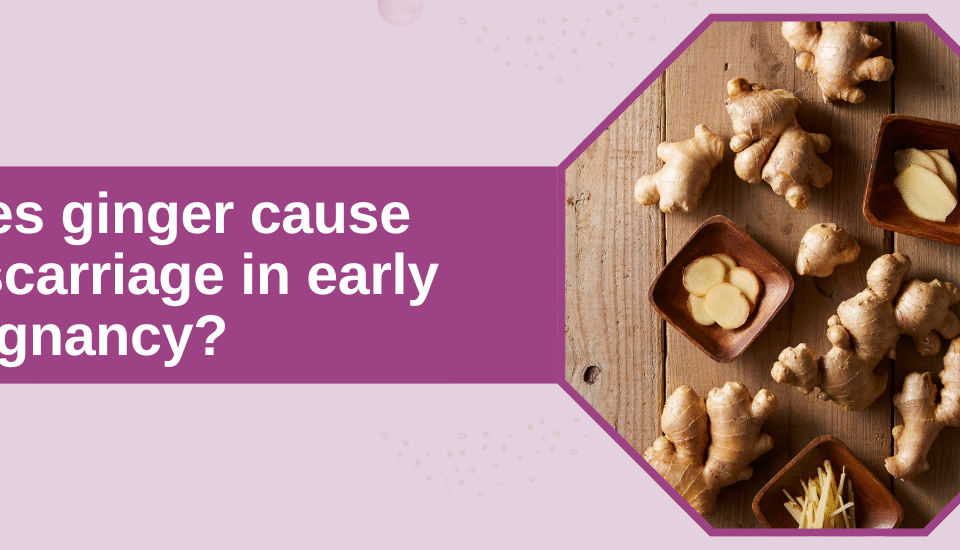- Have any questions?
- +91-98717 17305
- babiesandus12@gmail.com
IVF After Miscarriage

Brown Discharge After 17 Days of IUI
July 15, 2024
IUI With 2 Follicles
August 10, 2024Embarking on the journey to parenthood is a profound experience, but it doesn’t always unfold smoothly. Miscarriage can be a heartbreaking setback, leaving many couples uncertain about their next steps. In such moments, IVF after miscarriage emerges as a beacon of hope, offering a pathway toward realizing the dream of having a child.
.In Vitro Fertilization (IVF) is a fertility treatment that involves fertilizing the eggs with sperm outside the body in a lab. The resulting embryos are then transferred into the uterus directly for implantation.

At Babies & Us IVF Center in Mumbai, we specialize in providing comprehensive and compassionate care to those who have experienced a miscarriage. Our fertility specialists are dedicated to crafting personalized IVF treatment plans that address your unique needs and concerns.
How Can IVF Help After a Miscarriage?
IVF after recurrent miscarriage can be particularly beneficial for couples seeking a controlled and supportive environment for conception. This approach offers several advantages:
- Detailed Monitoring: IVF allows meticulous tracking of egg and embryo development, quickly identifying and managing any issues.
- Genetic Screening: PGT on embryos detects genetic abnormalities, minimizing miscarriage risk.
- Controlled Ovulation: IVF uses controlled ovarian stimulation to increase the number of healthy eggs, thereby enhancing the chances of creating healthy embryos.
- Expert Care: Experienced fertility specialists tailor treatment plans to address specific concerns and past complications.
- Emotional Support: IVF clinics provide counseling and support services, helping couples manage the emotional challenges of infertility and miscarriage.
Want to take the next step on your journey to parenthood? Contact your nearest clinic today to explore IVF after miscarriage.
Timing is everything, especially when it comes to starting anew after a loss. Let’s talk about when it’s the right time to undergo IVF.
How soon after a miscarriage can I consider IVF?

The appropriate timing for starting IVF after miscarriage can vary based on individual circumstances. Still, waiting for a few months is advisable to allow your body and mind to heal. Here are some key considerations:
- Physical Recovery: Doctors often recommend waiting at least one to three menstrual cycles to ensure your body has fully recovered from the miscarriage.
- Emotional Healing: Miscarriage can be emotionally challenging, so taking time to process your feelings and gain emotional stability is important before starting IVF.
- Medical Evaluation: A thorough medical evaluation may be necessary to identify any underlying issues that could have contributed to the miscarriage. This evaluation can help tailor the IVF treatment plan.
- Consult with Your Doctor: Always consult with your fertility specialist to determine the best timing for you based on your medical history, the cause of the miscarriage, and overall health.
Are there any tests or evaluations needed before starting IVF after a miscarriage?
Several tests and evaluations are often recommended before trying IVF again after miscarriage. These tests help identify any underlying issues that could affect IVF success after miscarriage.

- Hormonal Testing: Assessing hormone levels (e.g., thyroid, prolactin, FSH, LH) can help identify hormonal imbalances that might affect fertility.
- Uterine Evaluation: An ultrasound or hysteroscopy may be conducted to examine the uterus for abnormalities such as fibroids, polyps, or scar tissue that could interfere with implantation.
- Genetic Testing: Both partners may undergo genetic testing to check for chromosomal abnormalities that could have contributed to the miscarriage.
- Blood Tests: Blood tests can identify autoimmune disorders, clotting issues, or other medical conditions that might impact pregnancy.
- Semen Analysis: A detailed analysis of the partner’s sperm can help identify any male factor infertility issues.
- Infectious Disease Screening: Testing for infections that could affect pregnancy, such as STIs or other infections, may be necessary.
- Lifestyle and Health Assessment: A comprehensive review of lifestyle factors, including diet, exercise, and stress levels, to optimize overall health before starting IVF.
Ready to understand your fertility better? Schedule a consultation with specialists to discuss the tests required before starting IVF after miscarriage.
Moving forward, let’s debunk the myths and understand how past experiences shape our chances.
Is the success rate of IVF affected by a previous miscarriage?

A previous miscarriage does not necessarily lower the success rate of IVF, but several factors can influence outcomes. Addressing underlying causes such as genetic issues, hormonal imbalances, or uterine abnormalities through IVF can improve success rates.
Age, overall health, and lifestyle choices also play significant roles, with younger women generally having higher success rates. Advanced techniques like preimplantation genetic testing and comprehensive emotional support can further enhance outcomes.
Dr. Hrishikesh Pai, a renowned IVF doctor in Mumbai and co-founder of Babies & Us says, “Understanding and addressing the root causes of miscarriage can significantly improve the chances of success with IVF. Our goal is to provide hope and effective solutions for couples on their journey to parenthood.”
Check out the steps you can take to optimize your chances of success.
What can I do to prepare for IVF after a miscarriage?
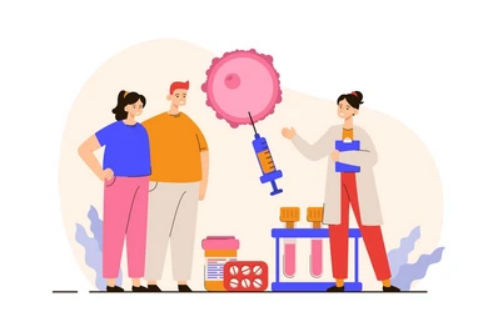
To prepare for IVF after miscarriage,
- Focus on your health.
- Undergo medical evaluation.
- Eat well, exercise regularly, and manage stress.
- Quit smoking and cut back on alcohol.
- Take prenatal vitamins with folic acid.
- Consult a fertility specialist for guidance
One question looms large: does IVF come with its own set of risks? Let’s unravel the truth behind the myths and set the record straight
Does IVF increase the risk of another miscarriage?

IVF does not essentially increase the risk of another miscarriage. The chances of miscarriage with IVF are generally comparable to that of natural conception. It mostly depends on several factors and underlying health conditions, such as:
- Maternal Age: The risk of miscarriage increases with age due to declines in egg quality.
- Embryo Quality: Higher-quality embryos have better chances of successful implantation.
- Underlying Health Conditions: Hormonal imbalances, uterine abnormalities, or genetic issues can increase miscarriage risk.
Can IVF help with recurrent miscarriages caused by genetic abnormalities?

Yes, IVF can help with recurrent miscarriages caused by genetic abnormalities. One of the key benefits of IVF is the ability to perform PGT on embryos.
PGT screens embryos for genetic abnormalities before they are transferred to the uterus. By selecting only healthy embryos for transfer, the chances of a successful pregnancy and reducing the risk of miscarriage due to genetic issues are significantly improved.
At Babies & Us IVF Center in Mumbai, we specialize in advanced fertility treatments, including PGT, to help couples with a history of recurrent miscarriages achieve healthy pregnancies.
When IVF alone isn’t enough, it’s time to explore cutting-edge treatments offering renewed hope for couples on their journey to parenthood.
Are there any additional options or treatments available for individuals with recurrent miscarriages undergoing IVF?

If you are experiencing recurrent miscarriages even after IVF, don’t lose hope. There are more options to consider.
Endometrial Receptivity Analysis (ERA): This test assesses the optimal timing for embryo transfer by determining the receptivity of the endometrial lining.
Immunological Testing and Treatment: Identifying and treating immune-related issues that may contribute to recurrent miscarriages.
Hysteroscopy: A diagnostic procedure that allows direct visualization of the uterine cavity to identify and treat abnormalities.
Hormonal Support: Providing hormonal supplements such as progesterone to support the uterine lining and early pregnancy development.
Thrombophilia Testing: Testing for blood clotting disorders that can increase the risk of miscarriage.
Discover new possibilities by contacting a trusted IVF center. Take the next step towards parenthood today.
FAQs
What are the odds of having a successful pregnancy after a miscarriage?
Many women go on to have successful pregnancies after experiencing a miscarriage, especially with proper medical care and support.
What week is the highest risk of miscarriage?
The highest risk of miscarriage is typically within the first trimester of pregnancy, with most miscarriages occurring before the 12th week.
How soon can you try IVF after a miscarriage?
It is generally advisable to wait at least one to 3 menstrual cycles after a miscarriage before starting IVF. This allows time for physical and emotional recovery.
References:
https://pubmed.ncbi.nlm.nih.gov/33303365

